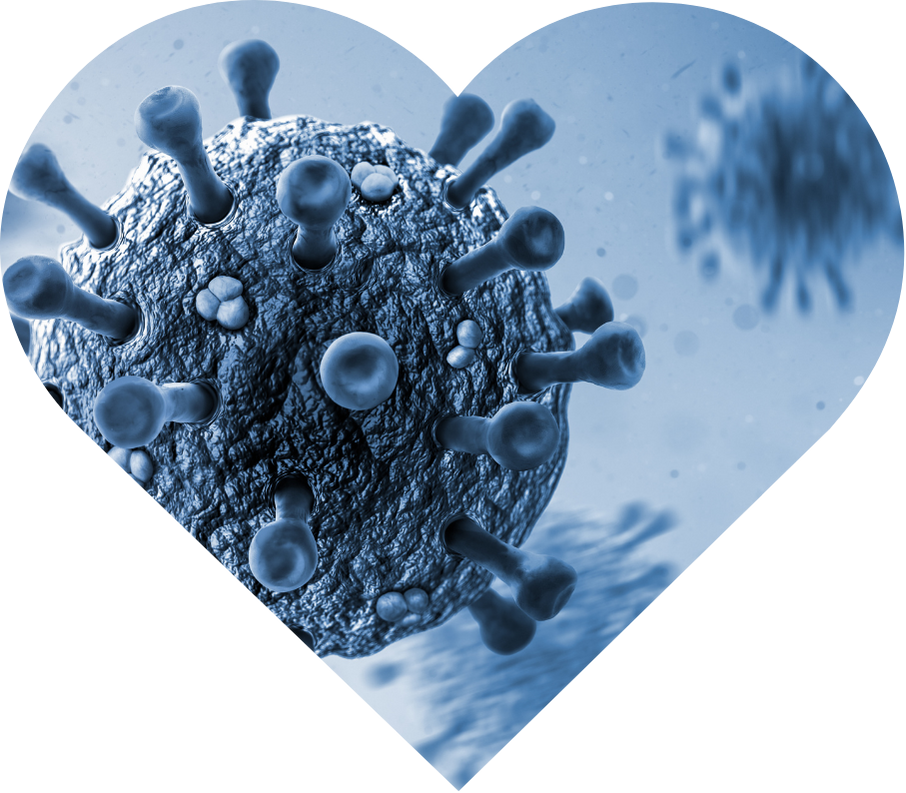It is not uncommon to hear that a spoonful of honey and a splash of lemon juice are a miracle remedy for the annoying tickle in the throat and a runny nose. However, is this assumption more of a fairytale, or does it hide actual medical knowledge? In a world where health facts and fictions often blur, it is important to shed light on this murky soup. Let us find out together what is really behind it.
Honey and lemon have long been popular home remedies for treating cold symptoms. Honey is known for its soothing effect on irritated mucous membranes and its mild antimicrobial properties, which can indeed help to alleviate sore throats and coughs pleasantly. On the other hand, lemons are rich in vitamin C, a nutrient that may play a role in shortening the duration of colds—at least in high doses. At the same time, lemon juice is known for its acidic component, which can be unpleasantly stimulating.
The positive effects of honey on the throat and for coughs are well documented. A meta-analysis has shown that honey can effectively reduce the severity and frequency of coughs, improving the sleep quality of both parents and affected children [1]. So, why not just take a spoonful of honey instead of being kept awake by coughing at night? Another advantage of honey is its wide availability and ease of use, making it a low-threshold option for many. On the other hand, children under one year of age should not receive honey due to the risk of Botulismusfood poisoning caused by botulinum toxin [2]. Lemon juice, especially when applied undiluted to the skin, can lead to irritation and Photosensibilitätincreased sensitivity to sunlight [3].
A comprehensive look at the available research presents a mixed picture. One study emphasizes the importance of sufficient sleep for strengthening the immune system, as lack of sleep can increase susceptibility to infections [4]. The study suggests that good sleep enhances the body's ability to deal with viral and bacterial aggressors, which is crucial for recovering from a cold. Furthermore, a review of several clinical studies indicates that oral intake of honey may have slightly positive effects on glykämischen Statusblood sugar level and its control; however, caution is warranted, as excessive consumption can have negative health consequences for Diabetikernpeople with diabetes [5]. The quality of the studies varies, and some conflicting results suggest that further rigorous research is necessary.
To effectively combat colds, practical approaches are required. A cup of lukewarm water with a teaspoon of honey and a splash of lemon can not only be soothing but also calm the throat and alleviate coughing [1]. For particularly stubborn nasal congestion, inhaling steam may help clear the head, although studies evaluate its effectiveness variably [6]. It is also important to get enough rest and sleep, as the immune system needs this time to regenerate and engage in the fight against the cold [4]. Finally, a humidifier can help increase humidity levels and soothe the airways [7].
In summary, honey and lemon may indeed have some positive effects on cold symptoms, especially when embedded in a broader overall self-care plan. Sleep, relaxation, and a careful selection of remedies can make a difference. Don't hesitate to try these simple tips, paying attention to your personal needs and health requirements.
This health article was created with AI support and is intended to help people access current scientific health knowledge. It contributes to the democratization of science – however, it does not replace professional medical advice and may present individual details in a simplified or slightly inaccurate manner due to AI-generated content. HEARTPORT and its affiliates assume no liability for the accuracy, completeness, or applicability of the information provided.














